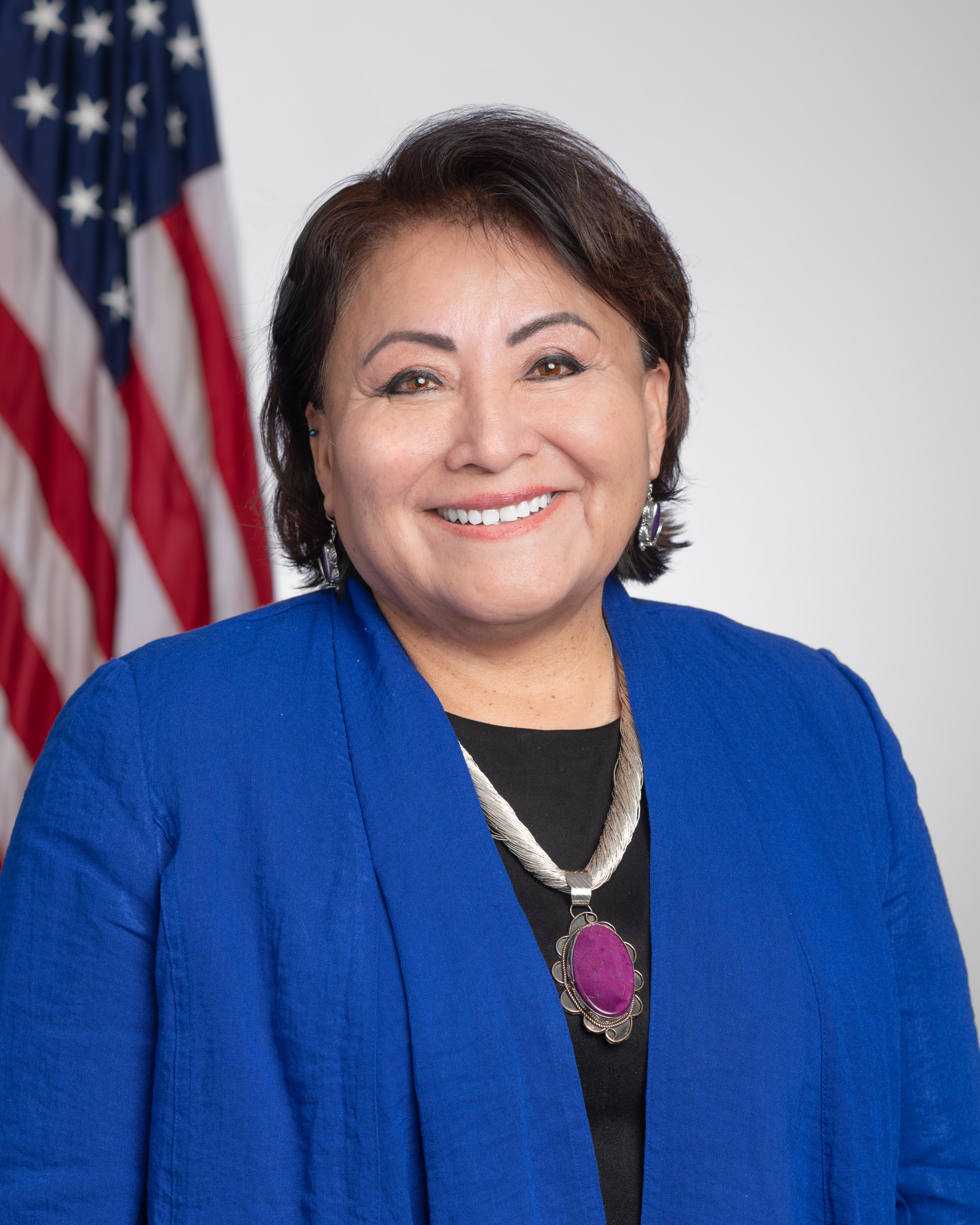The Indian Health Service actively works to improve the care and services provided to nearly 2.7 million American Indian and Alaska Natives throughout Indian Country. In January, IHS leadership implemented the 2023 Agency Work Plan, which outlines priorities that will guide agency improvements, complement ongoing activities to improve patient safety, and provide oversight of our programs. Alongside these priorities, the IHS continues to address findings and recommendations from the U.S. Department of Health and Human Services Office of Inspector General on the design and implementation of IHS policies and procedures established to protect patients and hold employees accountable. Implementing OIG recommendations is a key strategy to affect quality change throughout the agency.
Between June 2022 and June 2023, the IHS had 111 open OIG recommendations. Over the past year, the IHS has requested OIG to close 59 recommendations. As of June 1, 2023, IHS has 65 open OIG recommendations, meaning that 46 recommendations have been closed in the last year. Before the end of the Fiscal Year 2023, the IHS anticipates requesting closure of at least 20 OIG recommendations.
To implement the OIG recommendations, the IHS developed and implemented numerous tasks, initiatives, programs and projects. Every component of this work is critical to support agency improvements and IHS will continue to highlight the progress being made. Some specific examples include:
In implementing the recommendations from the OIG report, IHS Has Strengthened Patient Protection Policies but Must Fully Integrate Them Into Practice and Organizational Culture , the IHS recently issued a new IHS Anti-Abuse Policy that addresses and expands the prevention of all types of abuse by IHS staff, including contractors, students, residents and volunteers, against other staff members, patients, or visitors while on duty, on official travel, or in an IHS facility. The policy designates all staff as mandatory reporters of suspected abuse and outlines roles and responsibilities for leadership and staff at all levels of the agency.
In implementing the recommendations from the OIG report, Indian Health Service Facilities Made Progress Incorporating Patient Protection Policies, but Challenges Remain , the IHS fully implemented the Security Manager system, a comprehensive personnel security case management solution designed to capture the background investigation status of the entire IHS workforce. This centralized system allows for electronic and streamlined delivery of background investigations from the Defense Counterintelligence and Security Agency and final adjudicative decisions to the IHS Areas. The IHS Office of Human Resources monitors weekly metrics on the status of background investigations in the system and regularly discusses the system during monthly community of practice meetings, and senior leadership stays informed through bi-weekly updates from the system.
In implementing the recommendations from the OIG report, Incidence of Adverse Events in IHS Hospitals , the IHS established the Quality Assurance Risk Management Committee to provide senior-level oversight and management of complex adverse patient safety events and administrative matters involving significant fraud, waste, abuse, and employee misconduct. The IHS also fully transitioned to the IHS Safety Tracking and Response system, or I-STAR, which supports patient, visitor, and staff adverse event reporting in compliance with federal requirements. These efforts support leadership’s oversight and monitoring of IHS activities to ensure our systems continue to promote quality and safety within the IHS.
The IHS continues to work across the agency to address findings, implement recommendations, and provide progress updates to OIG. This oversight work helps assure that our system is supporting care and processes that improve the physical, mental, social, and spiritual health of American Indians and Alaska Natives.



